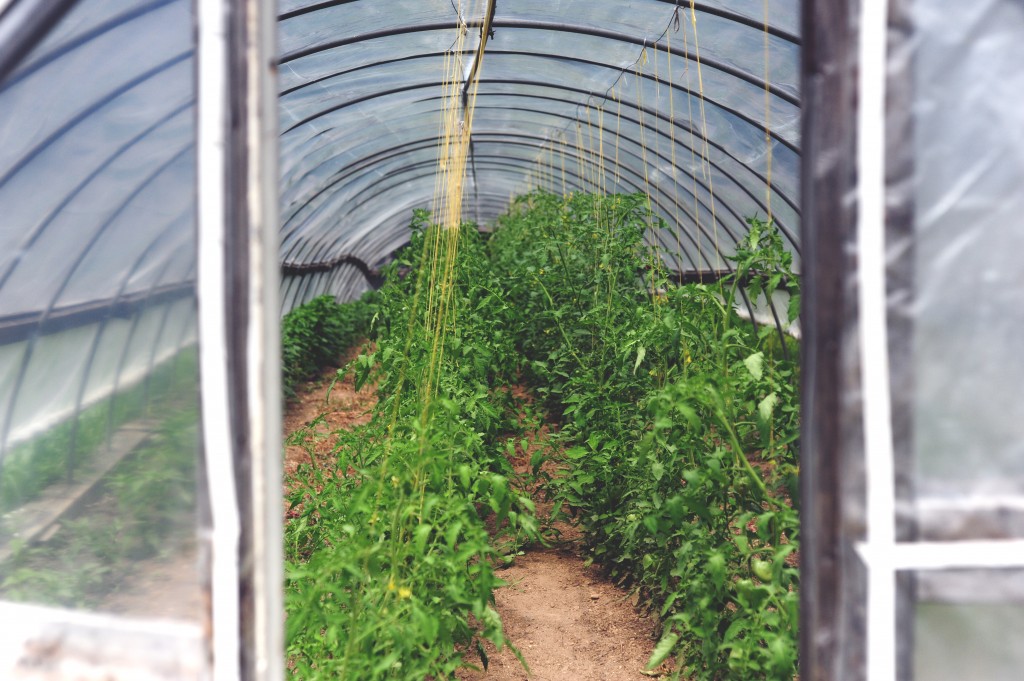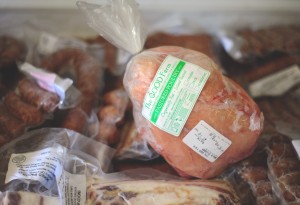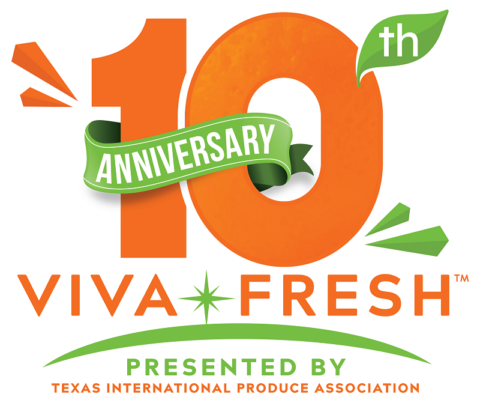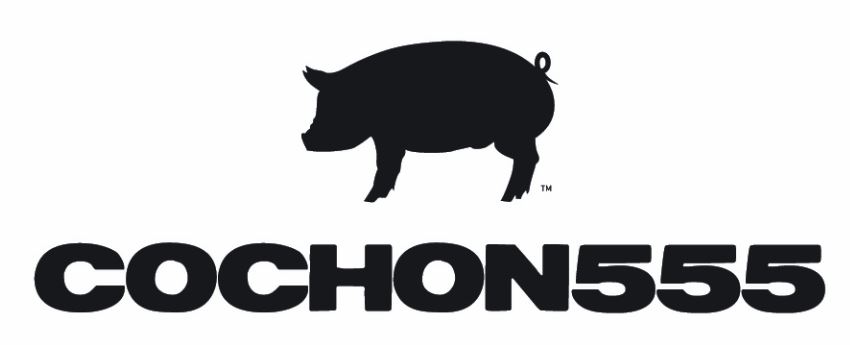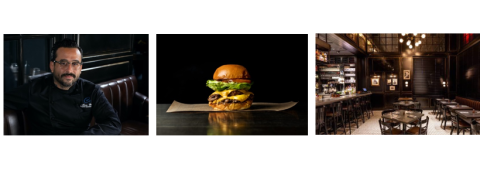Martha’s Vineyard is the ideal locale for attracting music industry professionals, artists, and fans who love good music and making connections, while enjoying appetizing food and beverages. This year’s events produced by MV Soul Concepts will take event production to an entirely new level, as we feature over 11 different artists, DJ’s and entertainers, several Grammy winners and nominees amongst them. I expect that the world will take notice of a unique event centered around bringing folks together to enjoy music, learn, laugh, play and take pleasure in good food and drink, all in an atmosphere which is magical and tasteful.
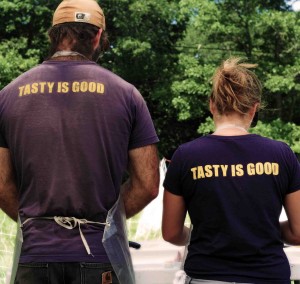 The second annual Martha’s Vineyard Summer Madness Music Festival & Conference will feature several of the Island’s local Chefs and restaurateurs who will feed the Artists and participants during our events with locally grown, organic foods produced, nurtured or fished on Martha’s Vineyard.
The second annual Martha’s Vineyard Summer Madness Music Festival & Conference will feature several of the Island’s local Chefs and restaurateurs who will feed the Artists and participants during our events with locally grown, organic foods produced, nurtured or fished on Martha’s Vineyard.
Martha’s Vineyard enjoys a local farm to table food scene that has been part of this community long before the current demand for locally grown and cultivated foods became in vogue. There are numerous Artisan Farmers delivering produce, herbs, seafood and meats to Artisan food establishments each day on the island that reflect a national and international movement of awareness, demand and economy for creative and consciously cultivated food and products. Martha’s Vineyard is a quintessential Artisan Food Destination, with some farms dating back a hundred years, and new farmers that arrive each year.
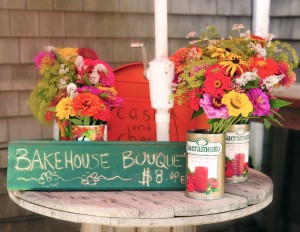 The Martha’s Vineyard local farm to table food establishment features numerous artisan producers, restaurateurs and chefs, offering a wealth of recipes and creative ideas in food cultivation and preparation, resulting in culinary experiences that are second to none.
The Martha’s Vineyard local farm to table food establishment features numerous artisan producers, restaurateurs and chefs, offering a wealth of recipes and creative ideas in food cultivation and preparation, resulting in culinary experiences that are second to none.
In the summer in particular, besides beaches and magical waterfront scenery, it is music, entertainment and food that are huge social draws, which results in the population of this beachside community growing by 1000%.
 The distinct difference in food cultivated from the ground, fields or waters to the table is not only taste, but sustainability and ecological consideration. Many food establishments on Martha’s Vineyard use local farms to source vegetables, herbs, poultry and meats, as well as many types of seafood from our waters. It is rare in these days and times when the food you eat that evening was harvested that morning, and the seafood caught that same day.
The distinct difference in food cultivated from the ground, fields or waters to the table is not only taste, but sustainability and ecological consideration. Many food establishments on Martha’s Vineyard use local farms to source vegetables, herbs, poultry and meats, as well as many types of seafood from our waters. It is rare in these days and times when the food you eat that evening was harvested that morning, and the seafood caught that same day.
Restaurants and chefs on Martha’s Vineyard demonstrate a penchant for efficiently managing their businesses consciously, as they engage in the movement of food, energy and space. Island grown food is cultivated with care for the environment and animals, and with energy conservation as a priority. The feedback loop is also more efficient in small farm communities versus the mega farms which take the personal touch and humaneness out of the equation.
A restaurateur will typically get a sample from a farmer selling their food. They will visit their farm, and after evaluating their process, begin buying cases of their beets, lettuce, carrots, sugar snaps, summer squash, cucumbers, egg plants, tomatoes, kale, collards and herbs, as they are harvested. When the restaurant buys that food, the check goes directly to the local farmer.
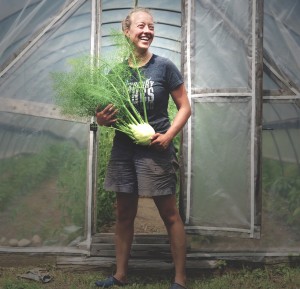 Both farmers and restaurateurs are aware that everything must constantly cycle. The ground must be sustained and animals moved around all the time (every 2-3 weeks), using electric fencing, so that they can feed from the forest, brush and pastures on grass, blueberry plants, apple berries, mulberries, other flowering plants and acorns. Chickens, turkeys, geese and guinea foul are moved around every two days. This enables meat and poultry farmers to raise animals in a humane manner, rationing grain feed, while minimizing grain transport to the island which can be extremely expensive. The flavor of meats raised from humanely treated animals that graze freely and eat organically is quite noticeable in their taste.
Both farmers and restaurateurs are aware that everything must constantly cycle. The ground must be sustained and animals moved around all the time (every 2-3 weeks), using electric fencing, so that they can feed from the forest, brush and pastures on grass, blueberry plants, apple berries, mulberries, other flowering plants and acorns. Chickens, turkeys, geese and guinea foul are moved around every two days. This enables meat and poultry farmers to raise animals in a humane manner, rationing grain feed, while minimizing grain transport to the island which can be extremely expensive. The flavor of meats raised from humanely treated animals that graze freely and eat organically is quite noticeable in their taste.
“Hoop houses” (greenhouses using plastic covering to cultivate produce) allow organic farms to produce many vegetables and herbs year around. These methods are used in the San Francisco Bay area and Hudson Valley farming communities as well, but are the exception rather than the rule.
Composting is used to fertilize soil and egg shells to provide calcium. Additionally, pigs are utilized to root up gardens and farms in the late fall, eating residual plants and weeds, and break down parasite cycles as they add natural fertilizer to the soil. Chickens are also helping in the fertilization process, and ridding gardens of parasites when they run free in a prescribed area of the gardens and fields.
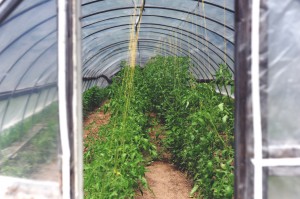 Taste, flavor and health reasons have encouraged the younger farmers to bring back the old ways of food cultivation. The ecology of the planet depends on conscious farmers, growers, chefs, and restaurateurs; and we are blessed to have a combination of all of these Artisans in our island community.
Taste, flavor and health reasons have encouraged the younger farmers to bring back the old ways of food cultivation. The ecology of the planet depends on conscious farmers, growers, chefs, and restaurateurs; and we are blessed to have a combination of all of these Artisans in our island community.
MV Summer Madness Music Festival and Conference will not only feed the minds, ears and senses with tasteful rhythms, beats and song, but will also bless the palates of our participants with a culinary experience, indulging in flavors and textures of some of the world’s healthiest food and drink, prepared with love and consciousness.
Contributions to this article were from Daniele Dominick, who owns and operates “The Bakehouse” in Vineyard Haven and Jefferson Munroe who manages “The Good Farm” which is across the street. Other farms on Martha’s Vineyard can be found with this link.
Written by Norman Hall



